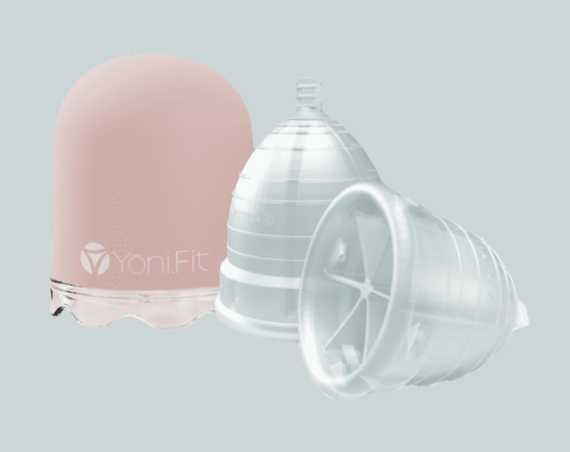In September 2022 Reckitt and the Health Innovation and Investment Exchange co-founded WiNFUND to support innovative, women-led, health companies improve access to healthcare. Initially launched in Africa, WiNFUND was open to applications from women entrepreneurs from Egypt, Ghana, Kenya, Nigeria, Rwanda, South Africa and Uganda during H2 2022 and received more than 300 applications. A shortlist of applicants will be announced on International Women’s Day on 8 March.The fund provides investment, business support and mentoring for female entrepreneurs developing innovative healthcare solutions.

In a unique funding model, WiNFUND plans to partly raise capital through the sale of NFTs as well as through mission-aligned donors, corporate partners and HNWls. The 100% non-profit WiNFUND NFT Africa digital art collection by Rwandan artist Christella Bijou launched a few days ago. WiNFUND NFT holders will gain access to invite-only events on Sustainable Development Goals and will be invited to join a mentorship scheme to directly support the successful women entrepreneurs.
Patricia O’Hayer, Global Head of External Affairs for Reckitt and co-founder of WiNFUND explains: “Womenled companies are already achieving amazing things: improving access to healthcare and saving lives. WiNFUND is an innovative model that will help entrepreneurs grow by building an engaged, global community that will provide business support and financing through the sale of unique NFTs. These entrepreneurs are addressing some of the world’s biggest challenges, and through them, we believe WiNFUND can transform access to healthcare for the people who need it most.”
Pradeep Kakkattil, Founder and CEO of Health Innovation and Investment Exchange and co-founder of WiNFUND, adds: “Three out of four healthcare workers globally are women. Women on the frontlines of healthcare are innovating and finding solutions to challenges that plague the health system. WiNFUND is about enabling equitable access to investments and accelerating women-led health enterprises – it can be transformative. It is a win-win as it impacts healthcare access and builds economic resilience.”



